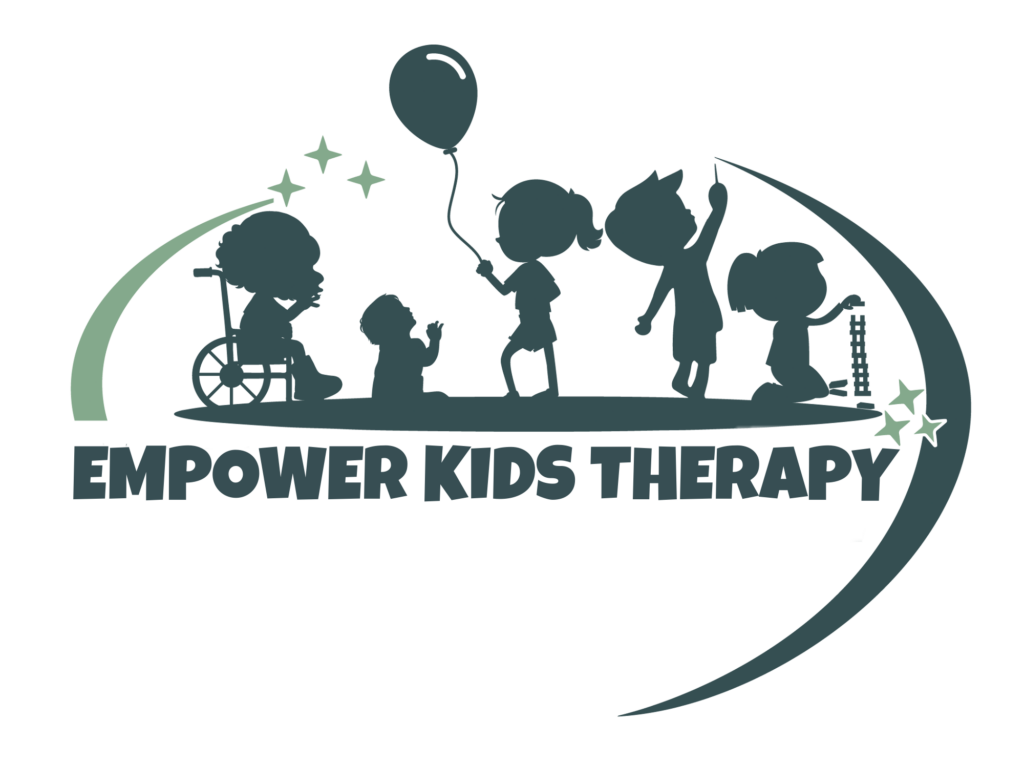Myth #1 – Eating is the body’s #1 priority.
Contrary to popular belief, breathing is the most important bodily function! Without proper oxygenation, eating can become challenging. With each swallow, we shut our airway off, in turn, decreasing our oxygen.
Breathing is significantly impacted by postural stability. If a child isn’t positioned correctly for feeding when they’re a baby or a toddler, they may not be utilizing the proper eating muscles. Instead, most of their energy is focused on keeping the body upright and not the mechanics of chewing and swallowing food.
Truth = Breathing is the body’s #1 priority.
Check out the video below on our Instagram page explaining the ideal posture set up for when your child is eating.
Myth #2 – Eating is instinctive.
Eating is only instinctive for the first month of life due to reflexes. Think of a newborn and their ability to suck-swallow-breath. Soon after, earing is a learned motor behavior, meaning it is something we need to teach our children.
If your child has encountered feeding challenges at birth, they may continue to use these compensatory strategies as they grow older since it is uncomfortable.
These learned habits, unless corrected, continue to affect feeding in the long term. Learned behaviors that need to be addressed include, but are not limited to chewing patterns, tongue placement, mouth/hand coordination and movements to manage foods.
Truth = After the first month of life, eating is a learned behavior.
Myth #3 – Eating is easy & only requires 2 steps: 1) sit down 2) eat
Eating is an extremely complex activity, especially for young children who are just learning how. It is the only human task requiring every organ system, 26 muscles in coordination, 6 cranial nerves in swallowing, and all 8 of our sensory systems!
Furthermore, a developing child typically encounters 25 steps of learning while a child with feeding difficulties might need to overcome 32 steps or more.
Truth = Eating is a complex activity!
Myth #4 – Children only need to eat 3 times per day.
If a child were to only eat 3 times per day, they would need to digest adult-sized meals to meet their daily calorie requirements. Given their small stomachs and shorter attention spans, most children require 5-6 smaller and meals throughout the day in order to consume enough calories for proper growth and development.
Truth = Most children need to eat 5-6 times per day.
Myth #5 – Certain foods are to be eaten at certain times of the day. “Breakfast” foods are only to be served during breakfast.
Food is just food. It is not breakfast food, or lunch food, or dinner food, or snack food, or junk food. We should be aware of how labeling food affects our child’s reception to it.
Instead of putting food in a time of day category, focus on grouping it in nutritional value. Food is either a protein, a carbohydrate, a fruit, or a vegetable.
While some foods do have more nutritional value than others, labeling them as “good” or “bad” or “only to be eaten at X meal” is not helpful in teaching children to have a healthy relationship with food. If a child eats chicken and peas best at breakfast, that’s okay!
So-called “junk” foods can also actually play a huge role in a child’s journey when feeding difficulties are present. They act as stepping stones in exposing children to a wide variety of textures, colors, and consistencies often found in food labeled as “healthy”.
These “junk” foods are typically easy to manage from an oral-motor standpoint, and have a large sensory appeal.
Truth = Food is food. Any food can be enjoyed at any time of the day.
Conclusion
The first step to achieving change is recognizing where the problems are embedded. But when a common misconception is circulated as a fact, it can be challenging to improve your child’s progress at mealtimes. With these FACTS about potential feeding challenges, you can begin to shift your thinking for improved feeding scenarios!
Harnessing a greater understanding of the facts of feeding within the mechanics, vocabulary, anatomy, and thought process behind the strategies can help make mealtimes easier. With knowledge, we can adjust this most crucial activity to meet the needs of your child.
Remember, each small adjustment is a step closer to healthy eating adventures!











